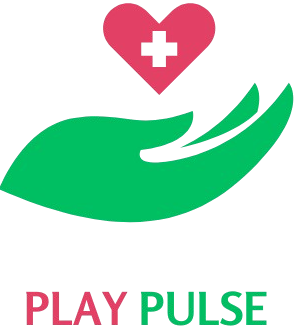1. Real-time Monitoring and Analytics
Real-time monitoring and analytics leverage data from electronic health records, wearable devices, and healthcare databases to track medication adherence, identify trends, and predict patient outcomes. By analyzing patient-specific data points such as vital signs, medication adherence patterns, and disease unique pharma progression markers, healthcare providers can tailor interventions, optimize treatment regimens, and improve medication adherence rates, thereby enhancing therapeutic effectiveness and patient safety.
2. Predictive Modeling and Precision Medicine
Predictive modeling utilizes machine learning algorithms and artificial intelligence techniques to forecast patient responses to medications, predict adverse drug reactions, and optimize treatment outcomes. By integrating genomic, proteomic, and clinical data sets, predictive models can identify biomarkers, genetic variants, and phenotypic characteristics that influence drug response variability, enabling the development of personalized treatment algorithms and targeted therapeutic interventions tailored to individual patient profiles.
Empowering Patients through Health Literacy and Self-management
1. Health Literacy Initiatives
Health literacy initiatives aim to empower patients with the knowledge, skills, and confidence to navigate the complexities of the healthcare system, understand medication instructions, and make informed decisions about their treatment options. Through educational programs, interactive workshops, and multimedia resources, patients can enhance their health literacy, engage in shared decision-making with healthcare providers, and advocate for their healthcare needs effectively, promoting patient-centered care and improved health outcomes.
2. Self-management Support Programs
Self-management support programs provide patients with the tools, resources, and support networks needed to actively manage their chronic conditions, adhere to medication regimens, and adopt healthy lifestyle behaviors. Through personalized care plans, behavioral coaching, and peer support groups, patients can develop self-efficacy, resilience, and self-care skills, enabling them to optimize their health outcomes, reduce healthcare utilization, and enhance their overall quality of life.
Leveraging Community Resources for Medication Access and Support
1. Pharmacist-led Medication Management Services
Pharmacist-led medication management services offer comprehensive medication reviews, adherence counseling, and medication therapy management to optimize medication use, prevent drug interactions, and improve patient outcomes. Pharmacists serve as accessible and trusted healthcare resources within the community, providing patient-centered care, medication education, and support services to individuals with chronic conditions, complex medication regimens, and medication-related concerns.
2. Community Health Partnerships
Community health partnerships foster collaboration between healthcare providers, community organizations, and social service agencies to address medication access barriers, promote medication adherence, and support underserved populations. Through initiatives such as medication assistance programs, mobile health clinics, and community-based outreach efforts, stakeholders can coordinate efforts, pool resources, and implement targeted interventions to improve medication access, affordability, and health equity in diverse communities.
Conclusion
In conclusion, the optimization of medication management is a multifaceted endeavor that requires collaboration, innovation, and a patient-centered approach. By harnessing data analytics, empowering patients through health literacy and self-management support, and leveraging community resources for medication access and support, we can enhance medication safety, efficacy, and patient outcomes, ultimately advancing the goal of achieving optimal health for all.

